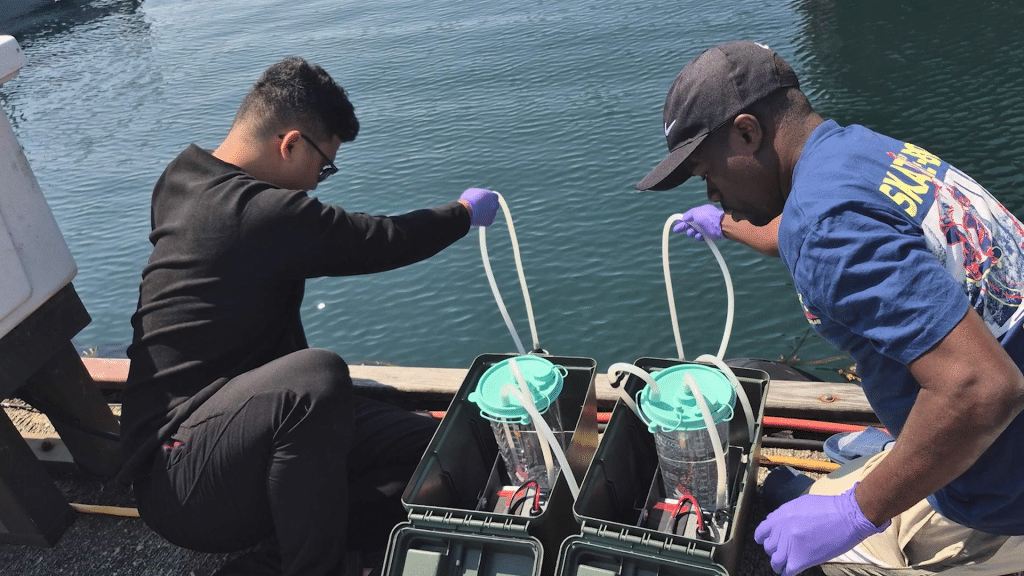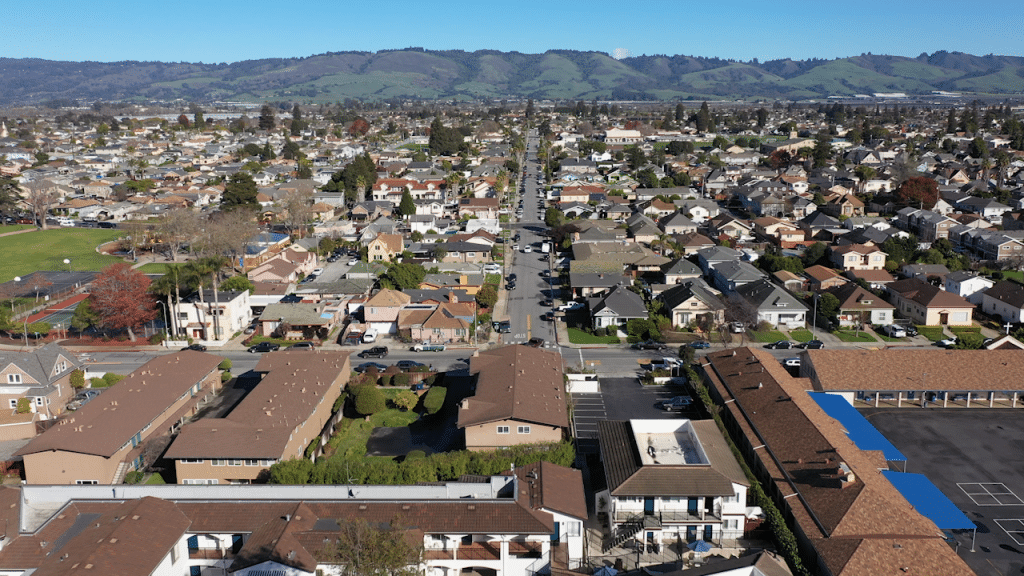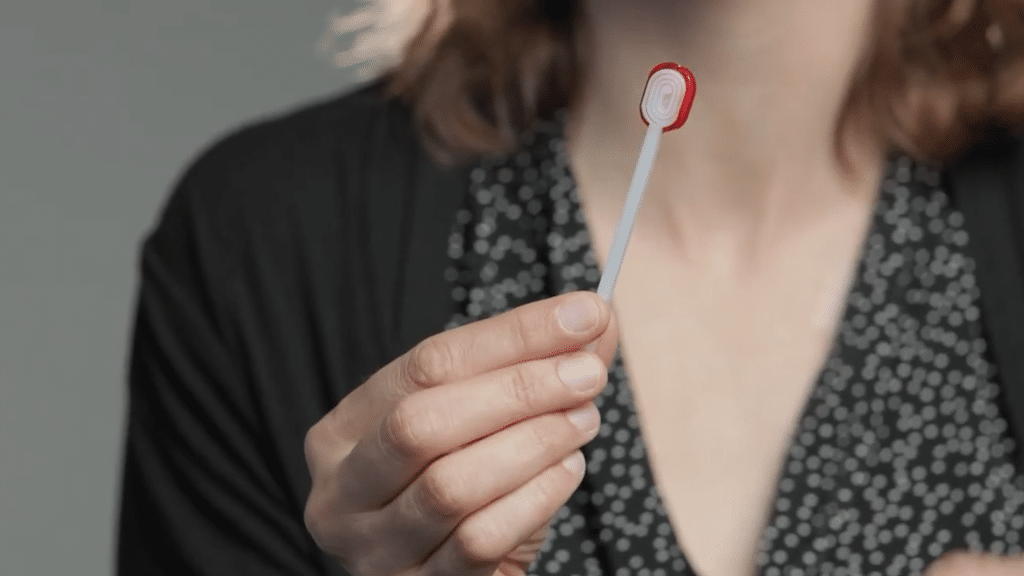At a time when U.S. politics is sharply divided and promising ideas often stall because they’re labeled as belonging to one party, many Gen Z and millennial lawmakers are choosing to work together.
Though young lawmakers make up just 25% of state legislators nationwide, they introduced 40% of the bipartisan bills enacted in 2023 at the state level, proving that they are willing to work across the aisle to get things done.
When government works collaboratively and effectively, it delivers solutions that improve people’s lives, whether that’s improving infrastructure or expanding resources for education.
By working together, young policymakers are turning bipartisan relationships into real policy wins. Future Caucus, a nonpartisan, nonprofit organization based in Washington, D.C., supports this progress by helping leaders at both the federal and state levels learn to collaborate with one another across lines of difference, providing trainings on necessary skills like negotiation, decision-making, strategic planning, and conflict management. Since 2013, Future Caucus has served over 1,900 Gen Z and millennial legislators across the country.
“Future Caucus started from this core question of ‘How can we make our democracy function more effectively?’ and then seeing young people as the tool to do that."
Reed Howard, Chief Strategy and Public Affairs Officer for Future Caucus
By providing young lawmakers with tools—like access to policy experts, bipartisan training programs, and peer networks—Future Caucus helps them act on the issues they want to address. The idea is to build the muscle memory of collaborative problem-solving early in lawmakers’ careers. This matters because more than 50% of U.S. Members of Congress come from state legislatures, making state-level experience a training ground for federal leadership.
“We think the more practice they get in collaborating with one another, the more skilled they’ll be at any issue that they have to tackle,” said Howard.
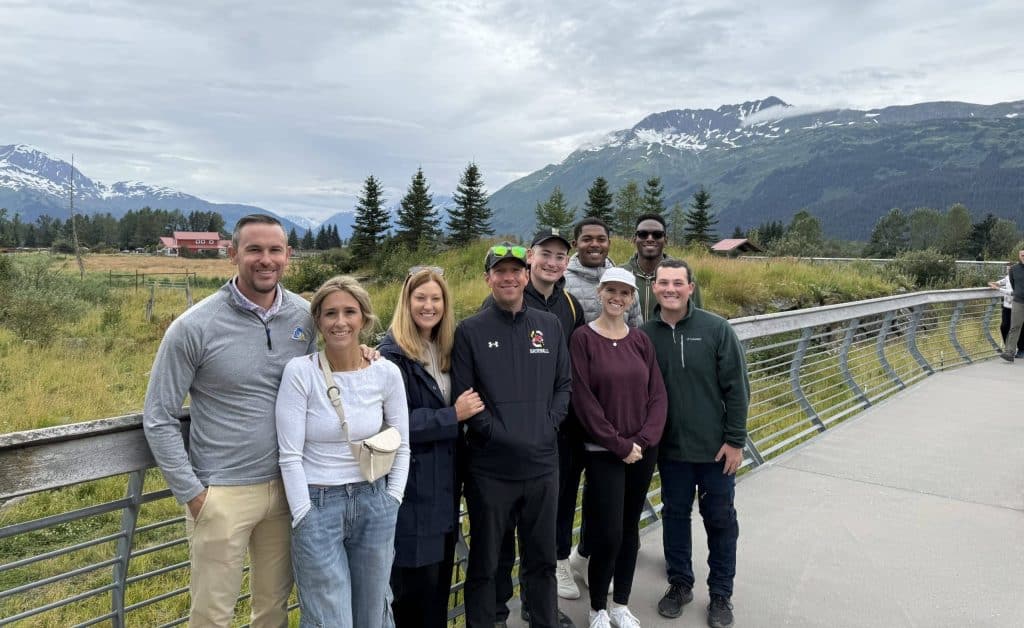
Membership in Future Caucus is open to Gen Z and millennial lawmakers in statehouses and Congress who commit to working across party lines. All members have access to a library of policy briefs, live expert briefings, on-demand consultations, and connections to other lawmakers working on the issues they care about.
Because relationships and shared interests are often the entry point to collaboration, Future Caucus organizes informal events—like post-work gatherings or recreational outings—that give lawmakers a chance to connect outside the political fray. These low-stakes gatherings encourage lawmakers from opposing parties to see one another as people first rather than party labels, lowering barriers to cooperation.
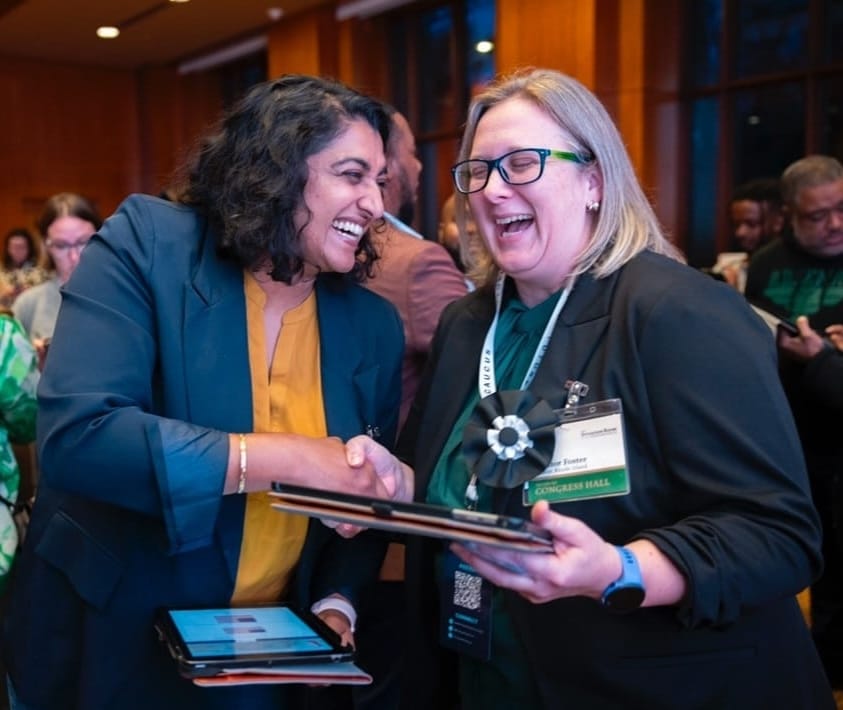
Future Caucus has also facilitated training on The Dignity Index, a framework for how to communicate respectfully with someone they disagree with. The goal is to equip young leaders with tools to work through differences instead of letting them stall progress.
Future Caucus launched its Innovation Lab in 2023 to connect young lawmakers with experts across the political spectrum on any issues they want to solve.
As a part of the Innovation Lab, lawmakers gather to learn about and develop solutions to the topics their constituents care about like housing, AI regulation, and supporting healthy mothers and children.
In 2024, the Packard Foundation supported the Future Caucus Innovation Lab to focus on maternal health and early childhood development. As a result, peer groups of young lawmakers have been working together to share information, learn from experts, and develop ideas to support children and families across the U.S.
In July 2025, with additional support from the Packard Foundation, the Innovation Lab launched the National Task Force on State AI Policy, to equip Gen Z and millennial state lawmakers to lead the country’s engagement with AI. Co-chaired by a Democrat from Vermont and a Republican from Utah, the task force brings together a politically diverse coalition of young legislators to ensure that AI policy upholds democratic values in a bipartisan way.
“When it comes to emerging policy topics like this, our number one goal is to prevent the issue from becoming partisan in the first place,” said Howard. “We want to create a go-to resource for the lawmakers who want to learn about this from a solutions-oriented mindset and then be proactive about putting those models out there in front of their peers.”
The Packard Foundation invests in grantees like Future Caucus to support opportunities for lawmakers to connect across differences, build trust, and solve shared problems.
“Strengthening our democracy requires educating and equipping future leaders who are excited to bridge divides and govern together,” said Kelly Born, director of the Democracy, Rights, and Governance initiative at The David and Lucile Packard Foundation. “By investing in young lawmakers and organizations like Future Caucus, we’re helping build a generation of problem-solvers who can restore trust, uphold fairness, and deliver real results for the American people.”
By equipping young lawmakers with practical tools, resources, and relationships to work collaboratively across party lines, Future Caucus is helping ensure legislators can effectively address the challenges facing their communities. In a political landscape often defined by division, this investment in bipartisan cooperation is building a generation of leaders skilled at bridging divides and delivering meaningful, lasting results for the people they serve.

